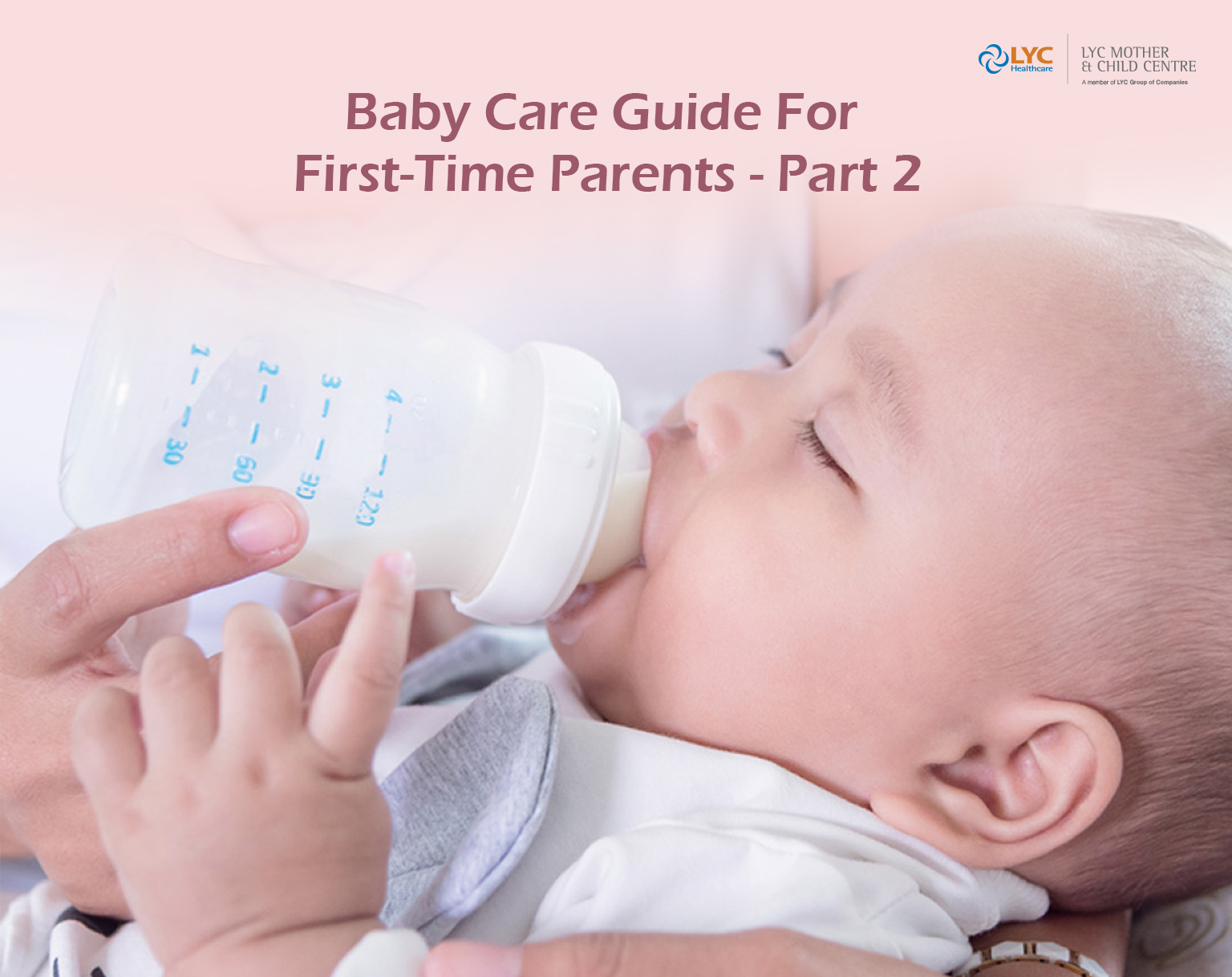Baby Care Guide For First-Time Parents. Part 2

As new parents, it's normal to feel nervous and overwhelmed about caring for a baby for the first time, don't be afraid, you will quickly develop a routine and be able to keep your baby safe and provide them with the care they need to grow healthily.
"Baby Bathing Bliss: A Guide to Gentle and Safe Bathing Practices
Bath time is an enjoyable parent-child bonding time, but there are a few important things to keep in mind:
- Using warm water and limiting bath time to 10 minutes can help reduce your baby's skin irritation. If your baby has hereditary eczema or sensitive skin, apply hypoallergenic cream after bathing and wear only cotton clothing.
- Baby acne is common, but it doesn't harm your baby. Pay attention to the crease behind the ears, around the neck, under the arms, and the genital area. Wipe eyes with clean cotton balls and do not reuse them to prevent infection.
- Make sure that the depth of the water in the bathtub does not exceed 8cm, and the water level only goes up to your baby’s chest at most. Put your baby's feet in the tub first and support their head so soap doesn't get into their eyes.
- Pour warm water regularly over your baby’s body so they don’t get cold. After bathing, wrap them in a towel immediately to keep them warm.
- Never leave your baby unattended in the bathroom, and if you must leave, wrap your baby in a towel and take them along with you.
Essential Techniques to Ensure Comfortable Feeding for Your Baby
There are also a number of important things to keep in mind when it comes to feeding your baby:
- You need to feed every two to three hours or when your baby is hungry. Your baby may make sucking motions, make noises, cry, or put fingers in their mouth to indicate that they are hungry.
- Your baby will consume about 60 to 90 ml of formula, or nurse for 10 to 15 minutes per breast if breastfeeding. Wake your baby up for feedings every few hours so they get enough milk. Nursing moms have a hard time judging whether their baby is getting enough. As long as your baby is gaining weight healthily, sleeping well, and changing enough diapers every day, it means that your baby is getting the nutrition they need to grow.
- Babies often swallow air while feeding, so it's important to burp your baby. Hold your baby upright, resting their head on your shoulders, making sure to support your baby’s back and head, and gently pat their back with the other hand. Another way is to have your baby sit on your lap, support your baby's chest and hand with one hand, hold your baby's chin with your hand, place the heel of your hand gently on your baby's chest, and gently pat your baby's back with the other hand.
- If your baby doesn't burp, change positions every few minutes. Always burp your baby after feeding and keep them upright for 10 to 15 minutes to prevent them from spitting up milk.
Sweet Dreams for Baby: A Guide to Navigating Newborn Sleep Routine
We all need sleep, and newborn babies need it much more than the average person:
- Babies need 16 hours of sleep a day, but usually only sleep 2 to 4 hours at a time. Wake up your baby to feed every 4 hours, as your baby's digestive system is still developing.
- After 3 months, your baby gradually gets 6 to 8 hours of sleep throughout the night. Each baby develops their own sleep patterns so it may take them longer to start sleeping through the night.
- Make sure your baby sleeps on their back. Don't put soft toys, quilts or pillows in the crib as these can suffocate your baby.
- Share a bedroom with your baby for the first 6 months to 1 year, but don't share a bed as that puts them in danger of suffocation. Sleeping close to your baby helps to regulate their stress levels, heart rate and immune system.
- Some babies are more awake at night and more tired during the day. During the day, talk and play with them, keep them active to help them to adjust to a regular daytime and nighttime routine.
